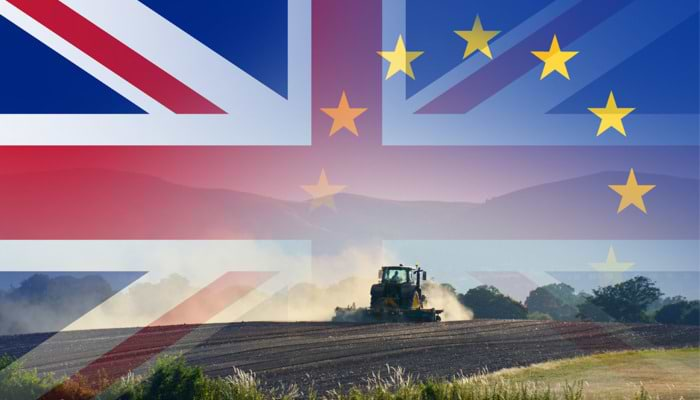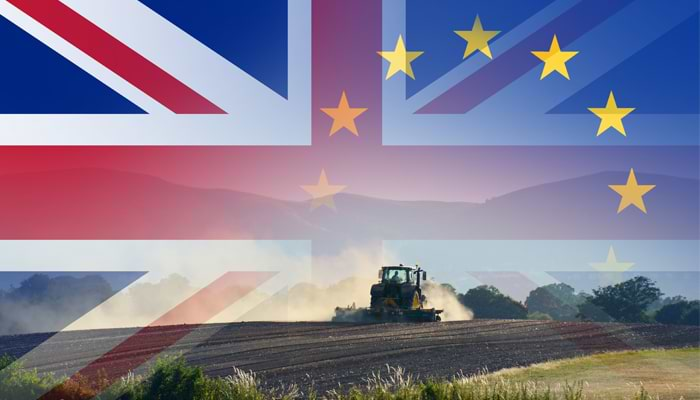
British farming is entering a new era in 2021, with a new post-Brexit agricultural bill promising the biggest changes for farmers in more than 70 years. When the UK's ties with the European Union were finally cut on 1st January this year, it meant an end to the Common Agricultural Policy that has governed Britain since 1973.
The last major changes for UK farmers were in the immediate post-war years, when the Agricultural Act 1947 set the policies to help Britain recover after World War II. Leaving the EU represents a major change for the agricultural sector to grow and recover from the challenges of recent years.

© Raggedstone / Shutterstock.com
How important is British farming?
Farming is a vitally important part of the UK's overall economy, in addition to meeting the majority of Britain's domestic food consumption needs.
Agriculture contributed £10.4 billion, equating to 0.53% of the national economy (Gross Value Added) in 2019, according to the latest figures from the Department for Environment, Food and Rural Affairs. The main reason for this was the high level of crop production, particularly cereals, combined with favourable weather conditions - this was an increase of 6% on the previous year.
Ensuring the agricultural sector overcomes the economic challenges posed by the Covid-19 crisis by adopting a successful post-Brexit farming policy is vital to ensure the industry survives for future generations.
What changes will be made in 2021?
The National Farmers' Union has called the eleventh-hour trade deal between the UK and the EU a "positive step forward". It reports there will be a "seismic shift" in the way farming is supported, renewing the focus on sustainable agriculture and the production of food.
The new post-Brexit Agriculture Bill will reward farmers for environmental improvements, including higher livestock welfare standards, better water quality, improved access to the countryside and measures to reduce flooding.
The NFU has reiterated how important it is that the government works with farmers to ensure the new Environmental Land Management scheme is a success.
There will be specific changes when it comes to exporting produce post-Brexit. The EU has opened the door to British agricultural food exports in 2021, following the last-minute trade deal in December.
The UK has been granted "third-country listing", confirming it has met the required animal health standards required to export livestock and animal products to EU countries. However, British seed potato exports were excluded from the third-country listing, leaving producers angry, as the future is uncertain.
Farmers mainly in the north of England and Scotland export around £90 million of seed potatoes annually, with around 20% going to EU countries.
What challenges will UK farmers face?
The British agriculture industry will face many challenges in 2021, including continued disruption due to the Covid-19 pandemic. However, the NFU says apart from the immediate problems of the pandemic and the changes in legislation, one of the biggest challenges our farmers will continue to face is climate change.
The 2021 United Nations Climate Change Conference will be held in the UK from Monday 1st November until Friday 12th November 2021. The NFU says this is the time for British farmers to demonstrate they are committed to producing "climate-friendly" food.
There are already thousands of British farmers who are working sustainably, including producing renewable energy, managing their livestock pastures to absorb carbon and using smart farming methods to reduce emissions.
When you're looking for the highest-quality agricultural products, Griggs Agri stocks and supplies the best quality items for all your needs - we are continuing to trade safely during the lockdown. Shop online today and take advantage of our home delivery services - national deliveries are currently taking between three and five working days due to the Covid-19 situation.





